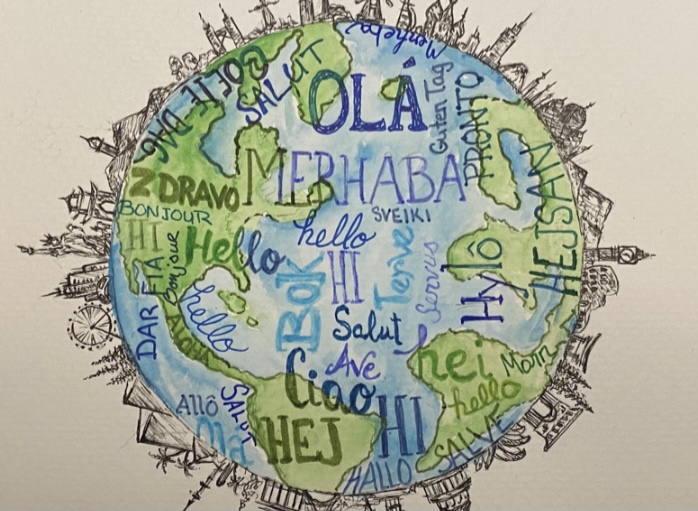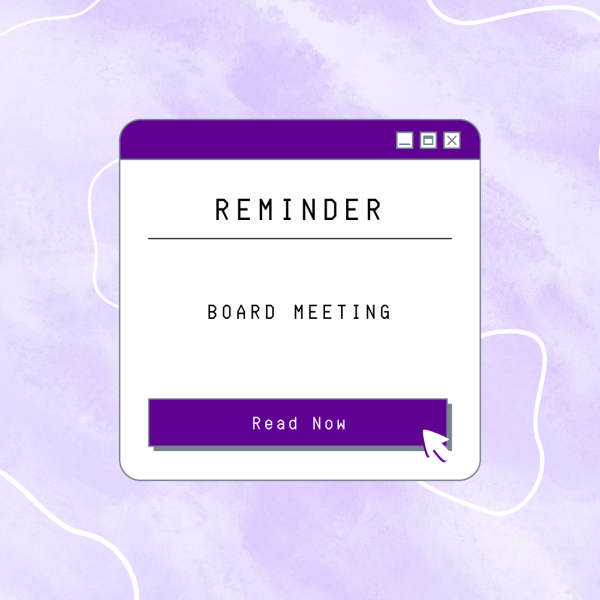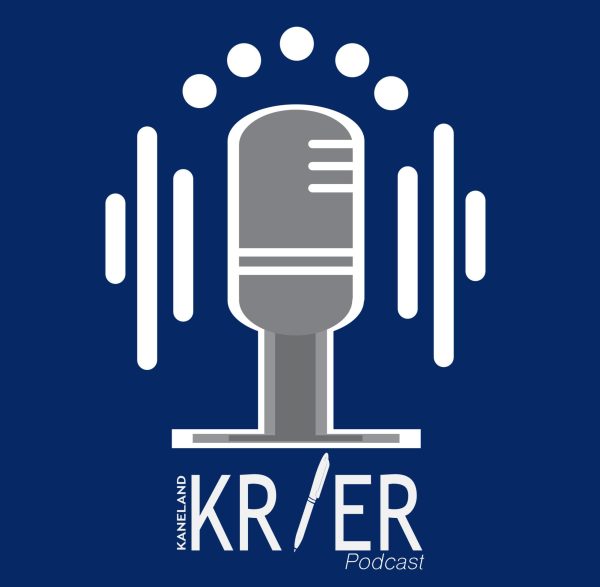Learn a Language in your Teenage Years
Photo By Joan Vanderhoff
This artwork depicts a variety of languages and landmarks from around the world. Learning a second language is an integral part of exploring the many cultures of the world we live in.
It is a known fact that very few Americans are bilingual. Meanwhile, most Europeans and a lot of the world enjoy the pleasures of being multilingual. While language is such a deep connection to advanced skills and cultures, many of us choose to live our lives behind closed doors. However, there is a whole world and many benefits that come with introducing yourself to a new language. While it may seem like too much time or effort required, there are plenty of reasons to start the process of enhancing your language skills.
It is hard to argue for learning a language when the first thought that pops into many teenage minds is the amount of time and patience needed. According to an article from ABC News, it takes a great deal of time to learn a new language.
“[Foreign Service Institute] research indicates that it takes 480 hours to reach basic fluency in group one languages…if we are able to put in 10 hours a day to learn a language, then basic fluency in the easy languages should take 48 days.”
That amount of time might appear unrealistic. With school, work and home responsibilities, it is hard to imagine that many people have room for this kind of commitment. However, according to an ABC News article by Julia Jacobo about phone usage, teens spend a considerable amount of the day using screens.
“Teens spend an average of seven hours and 22 minutes on their phones a day,” Jacobo said, citing data from a 2019 report by Common Sense Media.
If a teenager chose to put down their phone and put in dedication to learning a language, theoretically they could master the language in a little over two months. While no one is demanding such commitment, just an hour a day could allow the mastery of a language in just over a year. So in reality, the time it takes to learn a language is not immensely overbearing and could even be a nice break from scrolling through the 30-second videos that most teenagers will forget two minutes after watching them.
Even without time being an issue, not every teenager sees the need for a second language. As a teenager, times can be stressful preparing for the future. However, investing in learning another language can significantly benefit all types of careers. According to an article from Lead with Languages, there are numerous reasons being bilingual is beneficial.
“[Learning languages] are among the top eight skills required of all occupations – no matter your sector or skill level – and the demand for bilingual professionals is rising exponentially.”
Additionally, with all types of jobs come all sorts of people. With more than 60 million residents in the U.S. who do not speak English, the demand to speak multiple languages is rising. And with it, the chances of being hired if you are bilingual are rising in relation.
While our access to technology and social media expands, so does our exposure to different cultures. These cultures may inspire many of us to want to see the world. The most direct connection to other cultures is language; the more languages you know, the more you can connect to others. A study from the University of Chicago on children who learn multiple languages showed that multilingual children were much more open to learning about cultures other than their own and expressed an appreciation for them. This study shows a direct correlation to how languages open hundreds of doors to the world around us.
The cognitive benefits of learning a language are undeniable. A study from London’s Wellcome Department of Imaging Neuroscience completed on the benefits learning a second language has on the brain showed that multilingual people have improved memory, problem-solving and critical-thinking skills. They can multitask better and have enhanced concentration skills. If that is not convincing enough, according to a study from Lead with Languages, being bilingual or multilingual also helps to stave off mental aging and cognitive decline.
By learning an additional language, you strengthen your mind and enhance your chances of success in careers. It also opens the door to connecting with people around the world. While the process is demanding and taking the first step is the hardest, the small amount of time dedicated to learning a language each day can blossom into tremendous results. However, the outcome will remain unknown if you choose to live life behind closed doors.

Name: Ashley Vanderhoff
Position: Design and Ads & Business Executive
Graduation Year: 2023
A Few Sentences...










